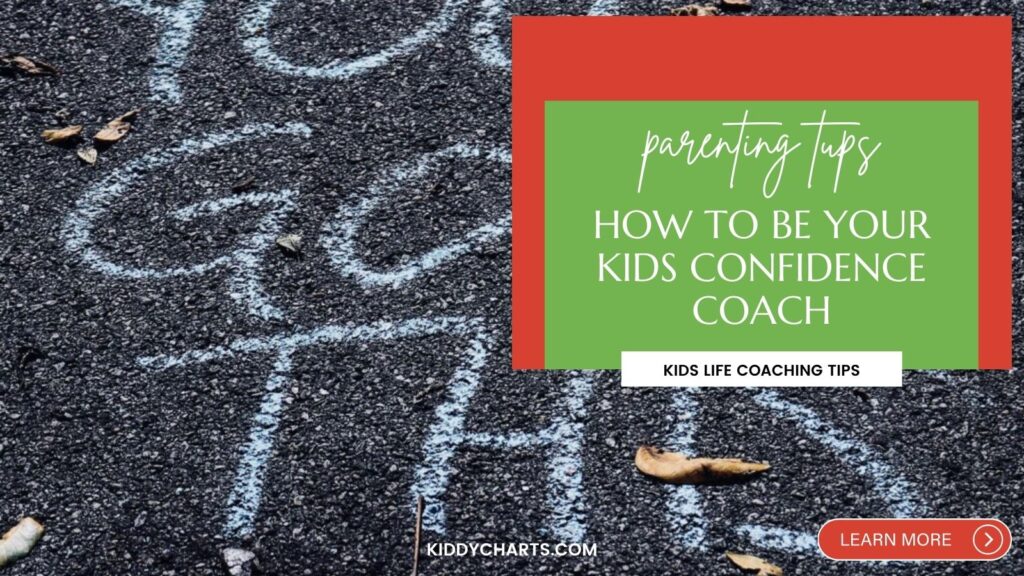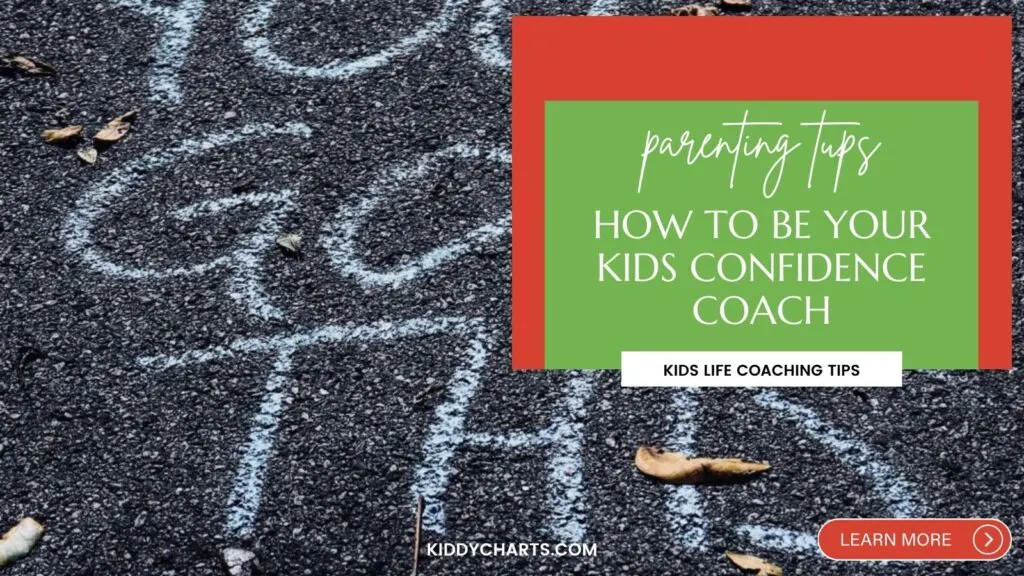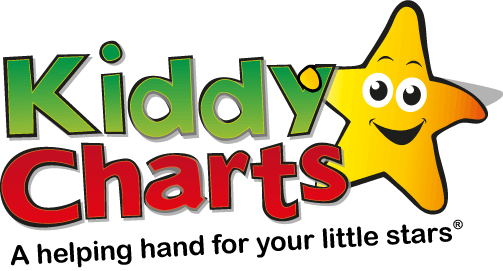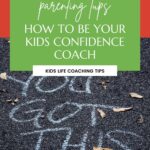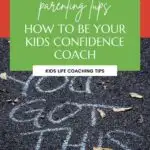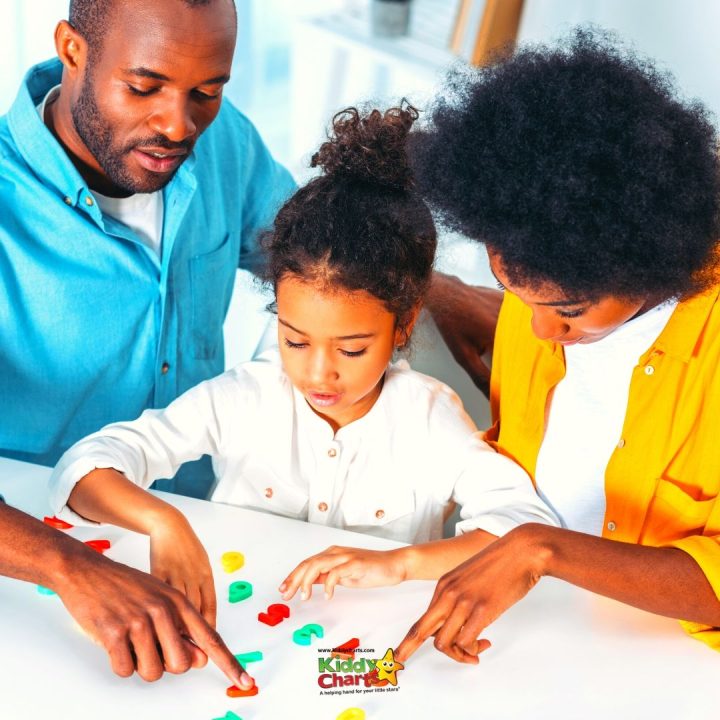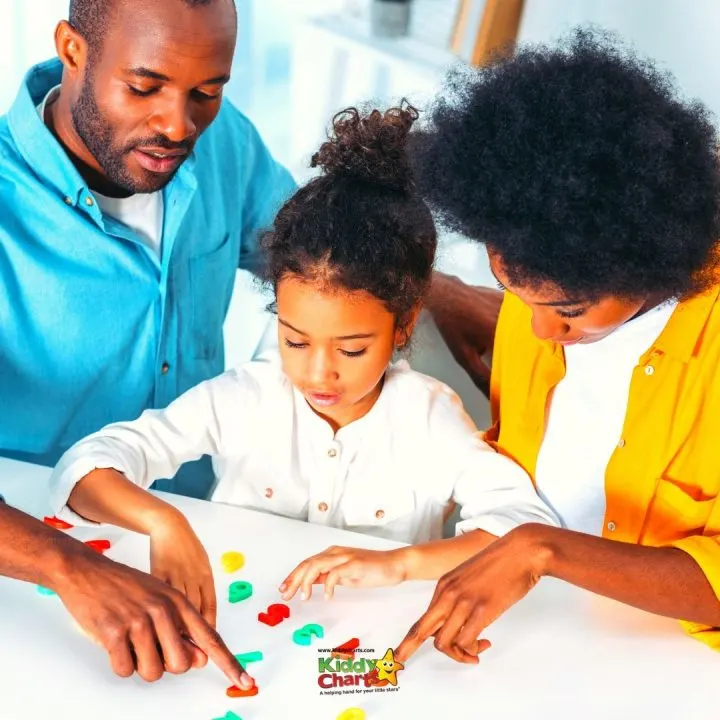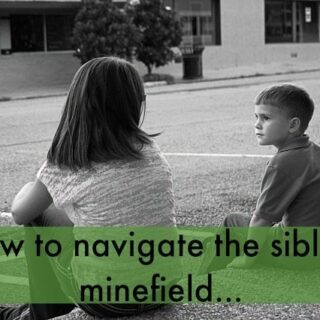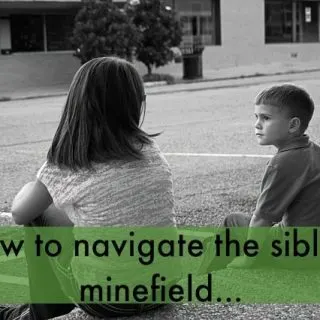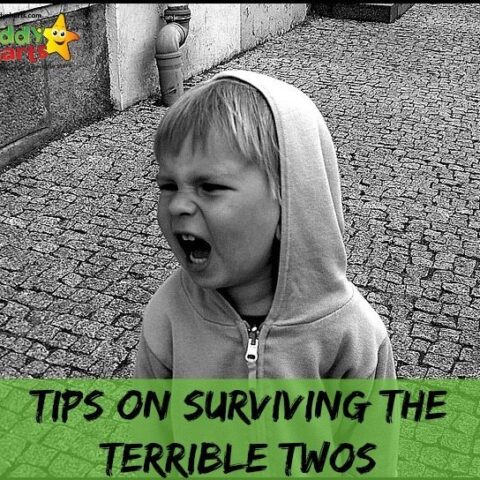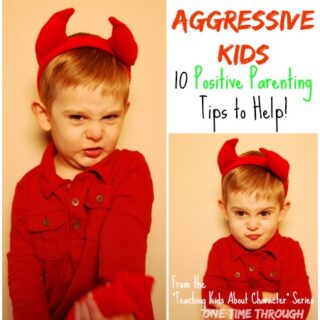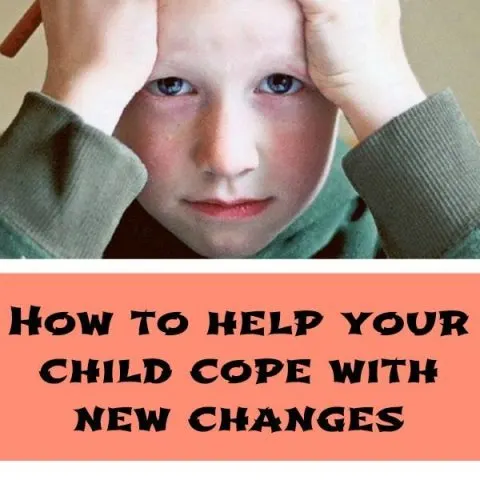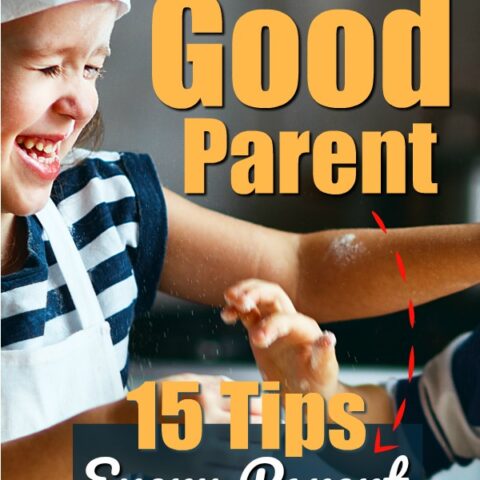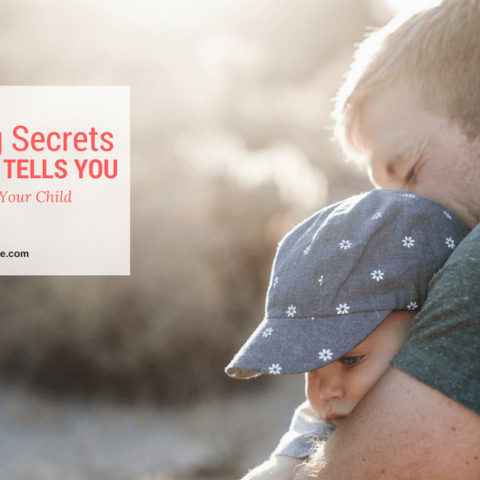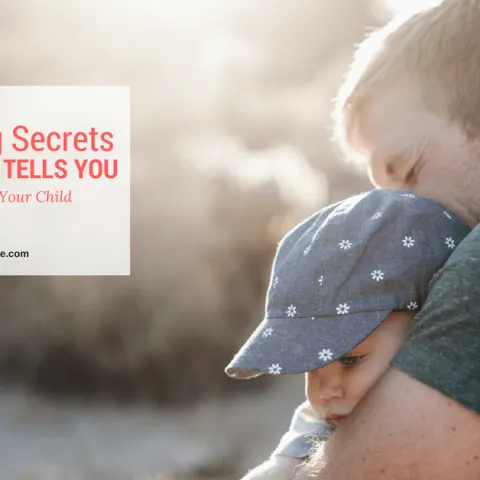Today. we have an article on life coaching for kids, and specifically how we have be our own kids confidence coach. The first step in doing this is to understand the difference between acting as our kids mentor and coaching our children.
Every year of a young person’s life is an important step on their path to becoming a valued and valuable member of society. Every step they take can help them feel happy and fulfilled, so a key role of us as parents, is to support that journey.
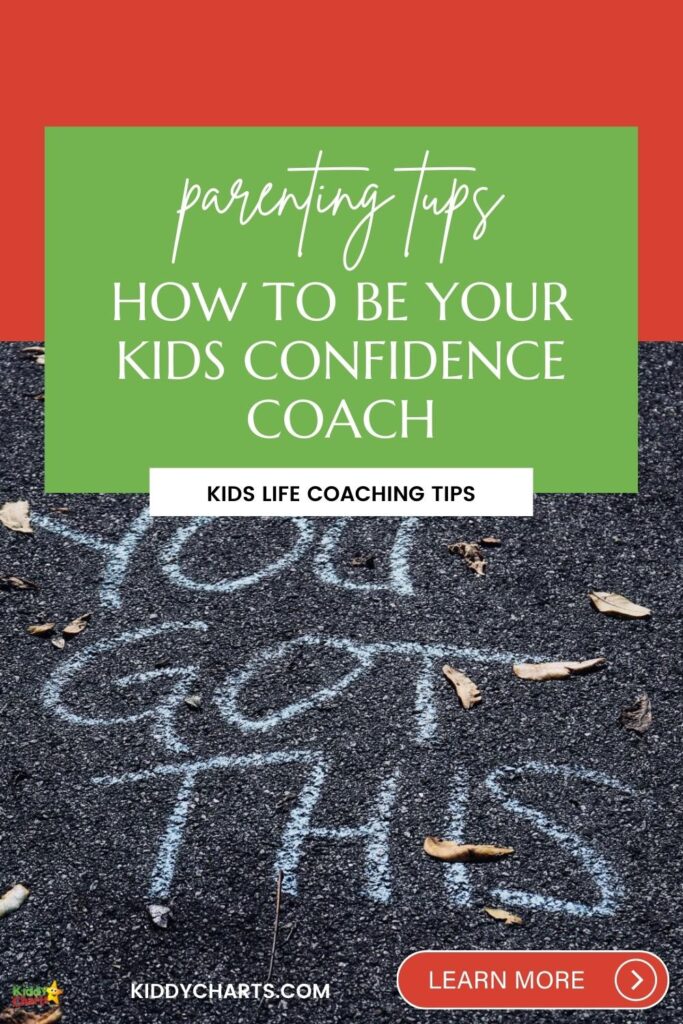

Modern day life can present all sorts of challenges that young people have to cope with whilst they also try to get a relevant education. Surveys in 2018 (pre-pandemic) have indicated that:
- 85% of all jobs that today’s students will be doing in 2030s do not exist yet! (Source: Dell),
- Of 350 careers, 160 are in decline (Source: Deloitte), and
- 1/3rd of jobs at ‘high risk’ of automation by early 2030s (Source: PwC).
We’ve got Pam, a parenting coach – helping to support kids through her Coaching for Parents book, and a few advices on our site too. Check out her thoughts here today.
What do kids need to be able to do to develop confidence?


The turmoil of the past few years has created unprecedented challenges for everyone. What can be done to help young people to achieve despite the challenges that they may face? Coaching has for a long time been seen as a way of helping people to fulfil their potential. However, how does coaching fit with the natural role of mentor as a parent?
The world is changing at an ever-increasing rate. One thing is certain that young people will need to be:
- Optimistic,
- Adaptable, and
- Resilient.
Which means that they need to:
- ‘Work it out’ for themselves,
- Be prepared to fail!
- Take risks,
- Have another go, and
- Be comfortable with the unknown knowing that they can deal with it.
How can we focus on life coaching for kids with our own children?
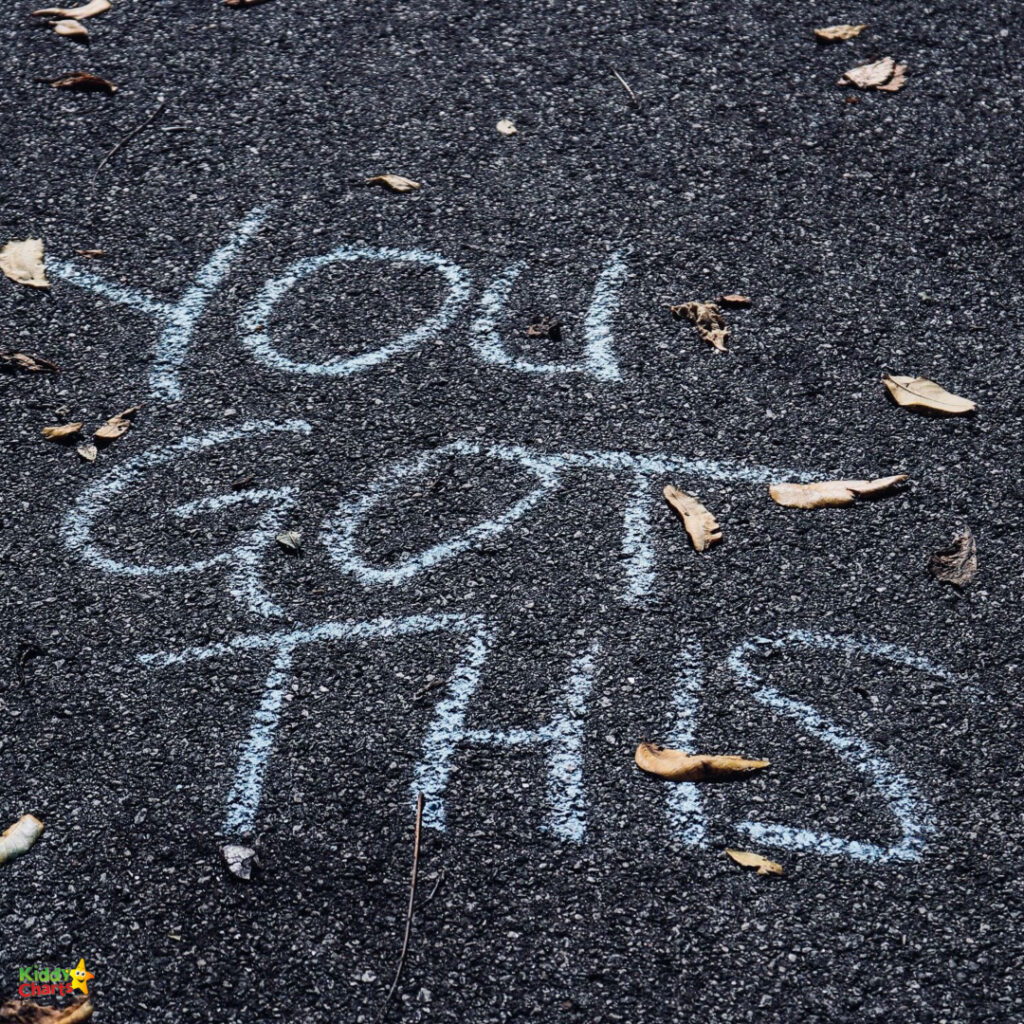
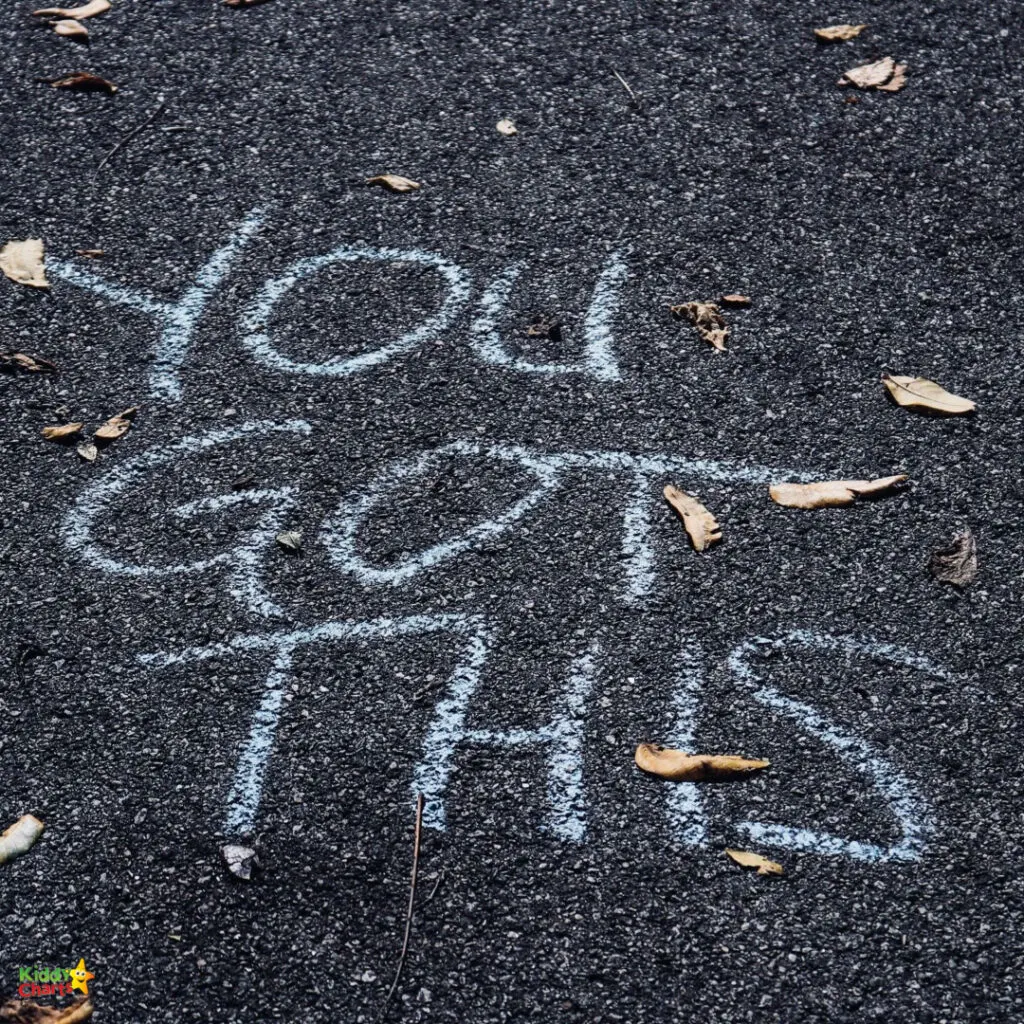
As parents, carers and grandparents, how can we support young people to have a strong sense of self in order to meet this future with confidence?
Young people need to be encouraged and supported to work out the challenges they may face for themselves. Since the answers, experiences, advice that we might offer may no longer be relevant for young people today. In this way they will also learn to develop and trust their own judgement, release their own creativity and realise their true potential.
We can focus on using non-directive coaching skills and techniques to support young people to make sense of not only their time in education, but also of the world that they are growing up in.
The aim is that they can make positive choices and learn life skills that will serve them throughout their lives.
What is the difference between kids mentoring and kids coaching?
Let’s start at the beginning with a simple model that explains the difference between mentoring and coaching.
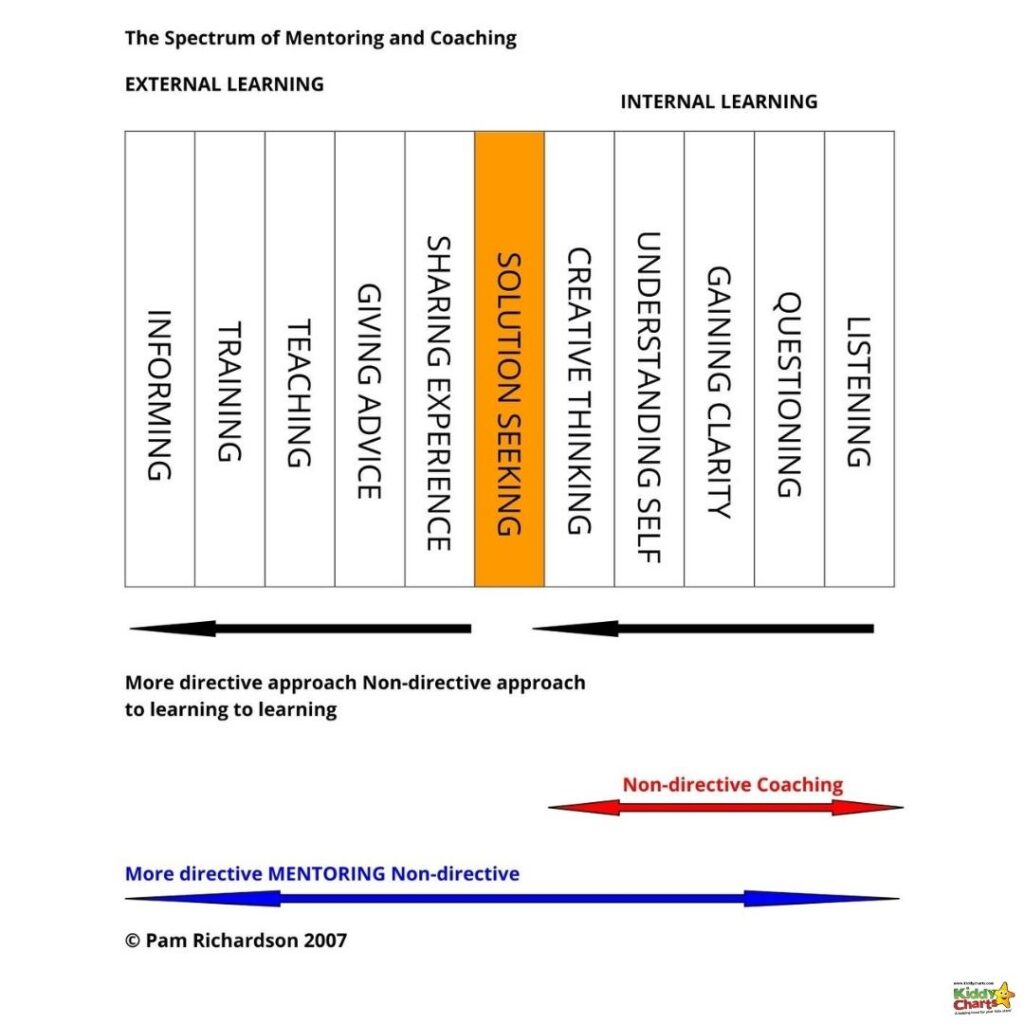
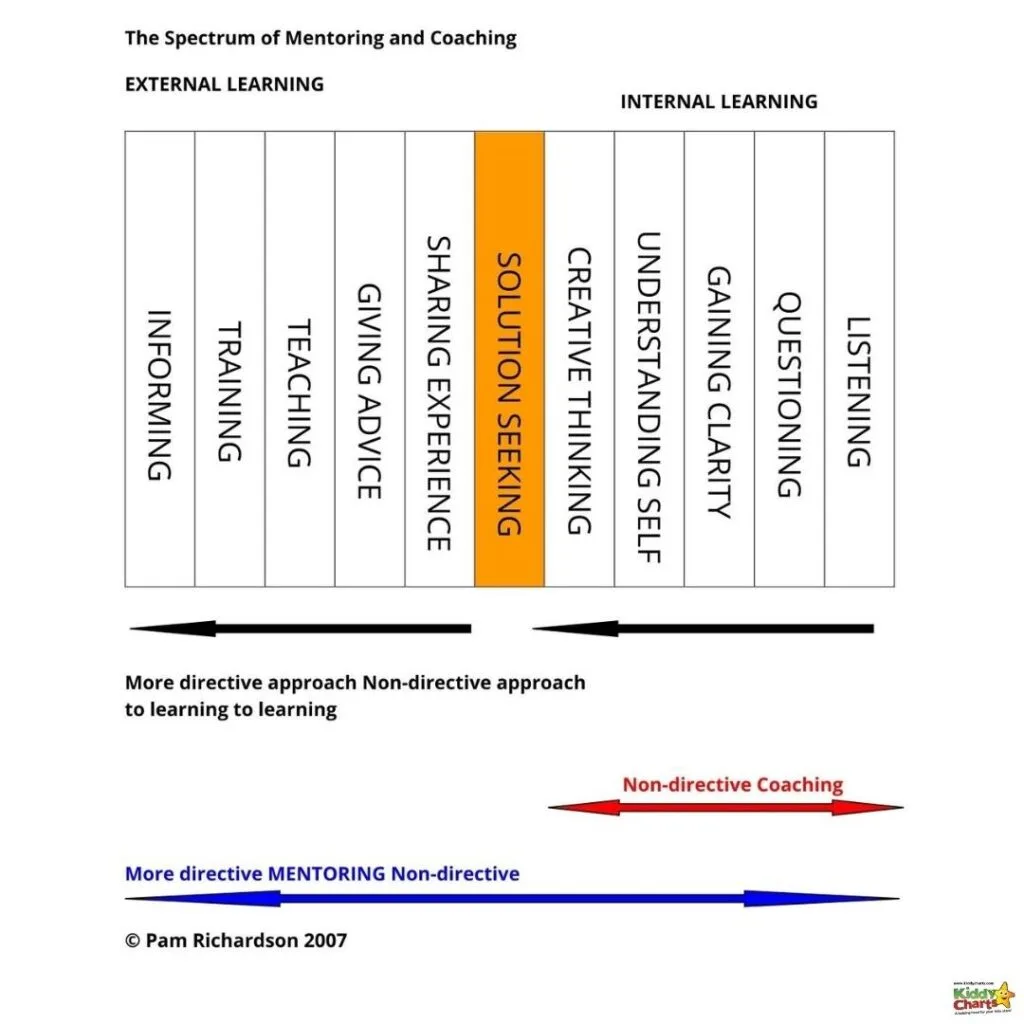
Mentoring can cover the entire spectrum. A non-directive coaching approach would stay on the right-hand side.
A more directive style visits the left-hand side too and could also be called mentoring.
With children, encouraging them to work things out for themselves as soon as they are able and whenever possible, is teaching them that the ‘answers lie within them’.
How can you gauge which side of the Spectrum you are using?


Ask yourself the simple question, ‘Whose solution?’
If the solution to an issue is constantly yours, then you are mentoring. And if that is what works for your young person, then that’s fine.
However, encouraging them to find their own solutions (however young) builds their self-belief and self-esteem, preparing them better, in the long run, for the future.
How do you start life coaching and not mentoring?


The difference between coaching and mentoring is all about the quality of your listening.
When you listen with the intention of fully understanding, then there is an effect on a young person. Not only do they feel valued, but it also becomes easier to share the essence and meaning of their communication. They may even gain a better understanding themselves of what they wish to communicate as a result. We have some great resources already on the site for active listening, so why not take a look at these alongside this article?
Better understanding helps everyone to see a situation more clearly, to become more aware and ultimately to make better decisions or choices. Developing good listening skills can be a real asset in everyday life.
As parents/carers, you may have spent time and effort teaching your child how to speak, to pronounce words, to be polite and to speak clearly.
However, although children are taught how to speak, how much time is spent teaching them how to listen? The outcome is that they may be able to hear rather than necessarily listen and we were all children once.
Listening is taken for granted in that we assume if we start to speak, someone is listening. They may be hearing but not necessarily listening. How frustrating is it when you sense that the person that you are speaking to is not really listening to you? This works both ways between parent/carers and children!
How can you tell if you are really being listened to?


There is a trick to working this out. So, when you are in a conversation, a person may jump in at the earliest opportunity to say what they want to say. Nancy Kline in her excellent book ‘Time to Think’ states that children learn very young to say what they want to say in 30 seconds as they know they will be interrupted!
If you are trying to explain how you feel or what you need in any moment, how much can you communicate in just 30 seconds?!
At worst, if a person keeps looking at their phone/ipad or around the room, or their eyes glaze over (tiredness can do this), it can have a negative impact on self-esteem. This is particularly relevant for young people if they are exposed to this non-listening often.
The message received is that they do not have anything of value to say which becomes translated into ‘I have no value’.
Listening is where we start with coaching, so be more intentional when you talk to your children, and you are well on the way.
For more information, do check out the Coaching for Parents book from Pam Richardson too.
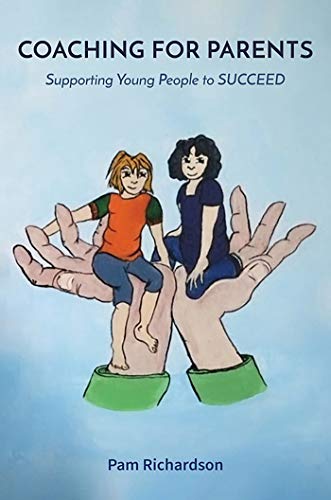
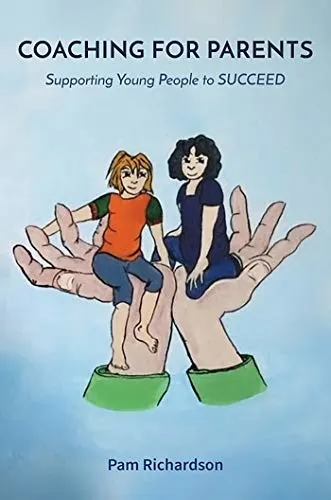
Coaching for Parents
Coaching for Parents is available in paperback (£5.27) and Kindle format (£3.50) on Amazon.
It is also available via the publisher, by emailing order@austinmacauley.com.
This article is part of the advice taken from this book by Pam Richardson, which is designed to help parents to encourage their young people to succeed, despite life’s modern challenges.
Why not sign up to our newsletter and get more articles from the book, as well as all our usual helpful resources for kids, parents and carers?
If you are after more parenting tips articles on the site, we do have a section on this. Why not take a look? Here are some of the articles for you:
Parenting tips from KiddyCharts and beyond
Helping Aggressive Kids - 10 Positive Parenting Tips
5 Overlooked, Yet Highly Effective Tips for Parenting a Strong Willed Child
10 Vital Things All Parents of Angry Children Should Know
And more ideas off site too:
More parenting posts from KiddyCharts and the web!
If you're looking for more advice on parenting and parenting posts check out these articles.
5 Positive Parenting Tips for Mums and Dads
Learn more about the positive parenting philosophy with this article on 5 positive parenting tips for Mums and Dads.
Parenting tales from the sofa: helping children with change
Helping your child cope with change is an important part of parenting and parenting skills - read on for more.
Three reasons to chuck out the parenting manuals right now!
Parenting is a lot about instinct so why not chuck out the parenting manuals right now - here are 3 reasons to do so!
Practical Parenting Tips - A Mother Far from Home
A Mother far from Home shares some practical parenting tips to make your adventures in parenting easier.
15 Good Parenting Tips · Pint-sized Treasures
Check out these 15 parenting tips from Pin Sized treasures.
8 Insider Parenting Secrets Nobody Ever Tells You
Your Kids Table shares 8 inside parenting tips you should know.
Do sign up to our newsletter if you like what you see. We will have a series of articles on parent coaching, so there will be more advice for you on this.
Thanks, as always for coming to see us, and see you again soon.
Helen
